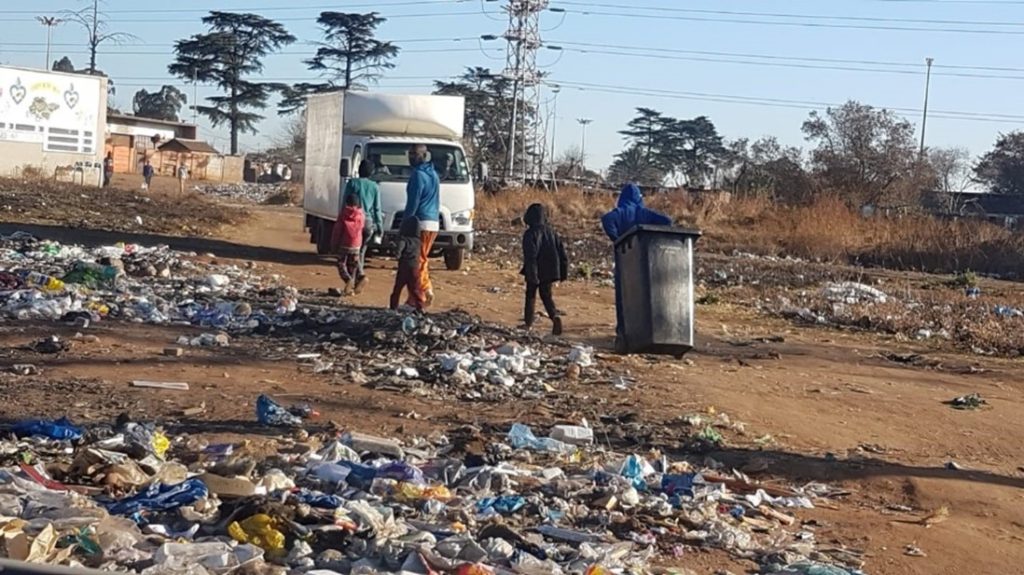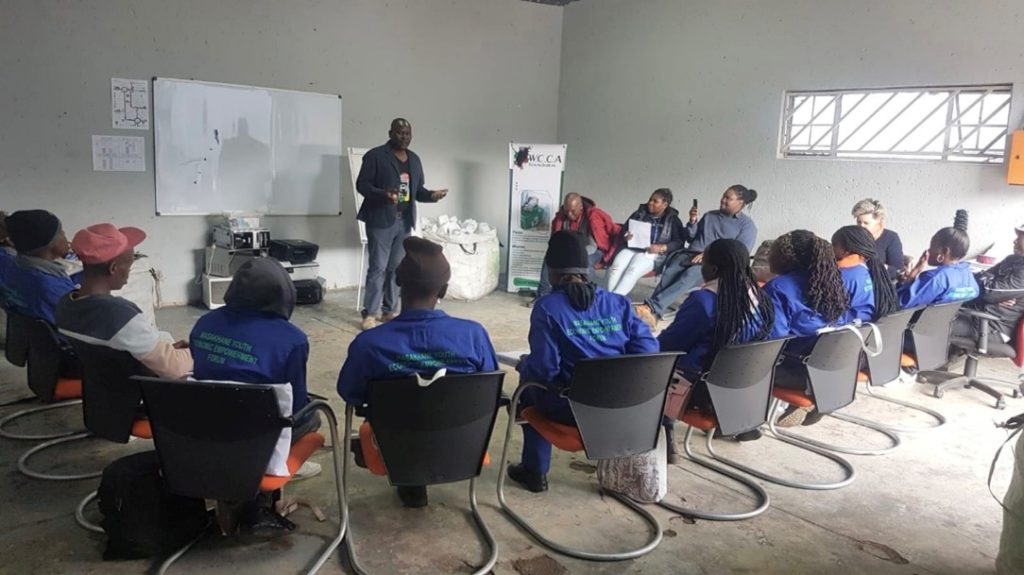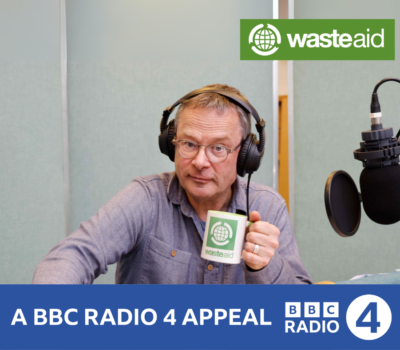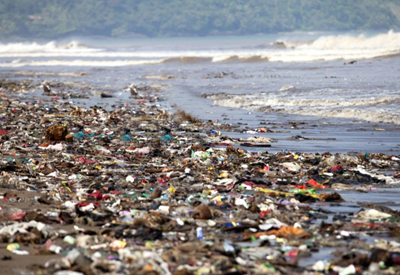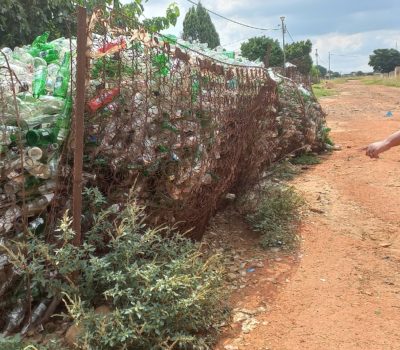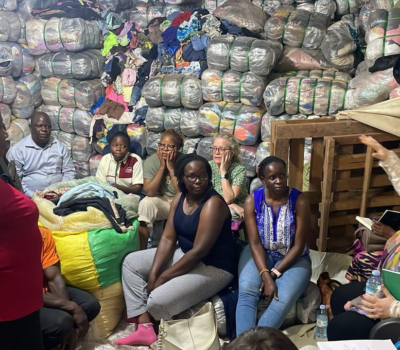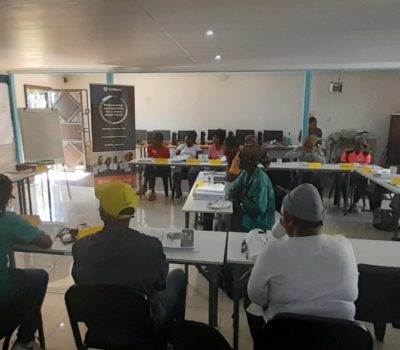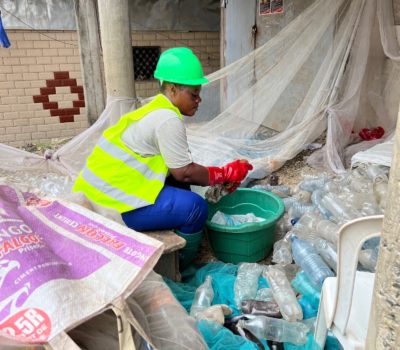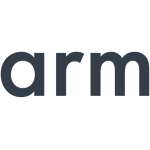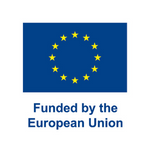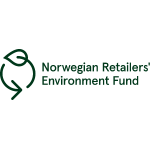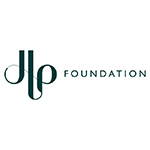Supporting needs of informal sector in South Africa
News
Author: Admin
Published: 11 August 2022
Blog written by Angela Ludek, WasteAid’s Project Officer for Informal Sector Engagement in South Africa
Without a Doubt – Reclaiming!
Without a doubt, if you refer to the informal waste sector in South Africa, the first thing that comes to mind is the waste picker, also known as waste reclaimers. The daily sight of waste pickers pulling, pushing and riding waste carts on small wheels in the greater Gauteng province is as common as the local taxi networks. The waste pickers ebb and flow on roads and in neighbourhoods, providing an essential service by diverting valuable recyclables from overflowing landfill sites.
The increase in size of the informal waste sector has been further spurred on by the COVID pandemic as levels of unemployment and waste increased. When you talk to waste pickers, you get the feeling that there is a strong desire within the sector to retain the flexibility of this type of livelihood and thankfully policy responses are beginning to reflect this. A key guiding document, the Waste Picker Integration Guideline for South Africa [1] carefully reflects the voice of the informal sector and puts forward clear recommendations on how waste pickers should be put at the front and centre, and how efforts to ‘formalise’ the informal is not necessary the end goal.
Efforts to formalise are often linked to trying to increase the income of waste pickers. Waste pickers tend to make the lowest margins across the waste value chain. An average waste picker will earn 2-4 rand per kilo for PET for example compared to those who are trading in bigger volumes earning 8-10 rand. With the advent of Extended Producer Responsibility, waste pickers are seeing the long-term potential of waste as a business and have a desire to progress and grow.
The options to grow their business are directly linked to collecting better quality and volume of recyclables, joining with others to start to aggregate on a larger scale and or developing a bigger network of buyers so as to drive the price up.
A Circular Economy
WasteAid has been trying to address the issues highlighted above through its new Bunzl Entrepreneurial Challenge Initiative. Building on the work started through the Circular Economy Network and the Zero Waste Cities Challenge [2], WasteAid is supporting the economic empowerment of the poorest members of the waste value chain in South Africa in two ways. Firstly, we are building their capacity through a tailored curriculum which tackles some of the basics of business, rights and responsibilities of waste and environmental impact, waste streams, economic and financial literacy, business and entrepreneurial skills, personal development and digital skills. At the end of the course the ‘wastepreneurs’ will have an opportunity to access small investments so that they are able to put their business ideas into practice. The project is to refer to waste pickers as wastepreneurs, to represent their blend of skills as waste pickers and entrepreneurs within the informal waste sector.
WasteAid’s project which will run for 2 years, is active in 2 Buy Back Centres in Gauteng and is funded by Bunzl Plc, one of the largest value-added service providers and distributors in the world.
From Waste Picker to Wastepreneur
To select the first cohort of wastepreneurs, WasteAid’s Project Officer for Informal Sector Engagement, Angela Ludek, reached out to established buy-back centres and community cleaning organisations for referrals (Makhabisi Recycling and Trading in Reiger Park in the Ekurhuleni municipality and Waste Collection Community Association (WCCA)) in Gauteng province.
A variety of waste pickers were interviewed from across communities in Johannesburg to establish the skill training needs as well as to identify trainers from across the industry. The training needs identified combine hard and soft skills with an overarching personal development approach to establish a core set of skills that will enable business growth.
WasteAid has worked in conjunction with the Wot-If Trust, based in Diepsloot township in Johannesburg, South Africa. Founder of the Wot-If Trust, Gail Styger – affectionately referred to as sister G – takes a strategic and systematic approach to programme development and has been hands-on in research of the local waste management systems, and approaches toward attitudinal and behavioural change.
Over the next two years, WasteAid will be hosting the training of a minimum of 50 wastepreneurs over 12 weeks once a week. Coaches are being assigned to support each participant along the way to ensure learning can be consolidated and issues and challenges can be addressed on an individual basis.
The key advantage of this approach is that all the core trainers have developed successful businesses from waste. Mandlenkosi Nkosi of MAN Recycling, Harriet Matjila of Makhabisi Recycling and Trading, Zweli Sono and Matsabola Maripane of Waste Collection Community Association (WCCA) are the wastepreneur trainers for the programme and have all contributed to the curriculum development.
Through this personal and business development training programme, the vision is to establish confident wastepreneur innovators that will enable a greater impact on their direct livelihoods and that of their communities.
Trainer and owner of Makhabisi Recycling and Trade, Harriet Matjila, said of the waste picker participants after the orientation session, “It was indeed an insightful session. We begin to see that we do make a positive impact on individuals as the comments we received today were amazing. They are beginning to get the ‘feel’ of things in this sector”.
Link to Makhabisi Recycling and Trading video: https://www.groundup.org.za/article/where-others-see-trash-anna-harriet-see-treasure/
Follow the development of the waste pickers into wastepreneurs through WasteAid’s social media channels and get involved in the shared value by separating and sorting your household waste for collection in your neighbourhood.
[1] Waste Picker Integration Guidelines 2020; Department of Environment, Forestry and Fisheries Department of Science and Innovation
[2] To find out more about the Circular Economy Network: https://wasteaid.org/grassroots-circular-economy-talent-celebrated-in-johannesburg/

